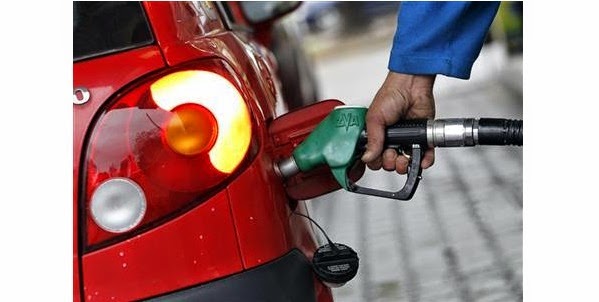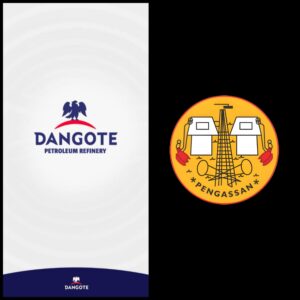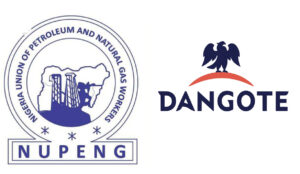Nigerian Petrol Imports Shrink, Fuel Queues Surge Over $6bn Debt

Building petrol queues in major Nigerian cities has been attributed to the limited importation of Premium Motor Spirit (PMS) also called petrol in Nigeria.
Although some marketers could not confirm to our Correspondent any supply gap at the moment the report says Nigeria is facing challenges over debt to suppliers which is reported to have surpassed $6 billion doubling since April.
The cap, coupled with a Naira currency crash allowed the subsidy to creep back as government expects the subsidy to cost at least $3.7 billion this year.
Analysts, NGOs and even government officials have slammed the subsidy for years as wasteful and corrupt, but Nigerians, who get few government services, have long seen cheap fuel as their right, especially in the current cost-of-living crisis. The NNPC began struggling early this year when late petrol payments surpassed $3 billion.
The only reason traders are putting up with it is the $250,000 a month (per cargo) for late payment compensation, one industry source said.
Traders thrive in risky environments, but they place limits on how much credit they allocate per trade to avoid too much exposure on one borrower. These limits vary by company based on their size and where they operate. As a result, Nigeria’s tenders to buy petrol in June and July were smaller, traders said.
The newly opened 650,000 barrel-per-day Dangote refinery has not yet produced marketable petrol and is selling other fuels abroad. The country has few savings to fall back upon as corruption and wasteful spending have eaten up decades of oil revenues.









